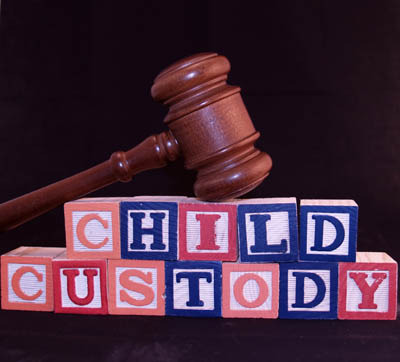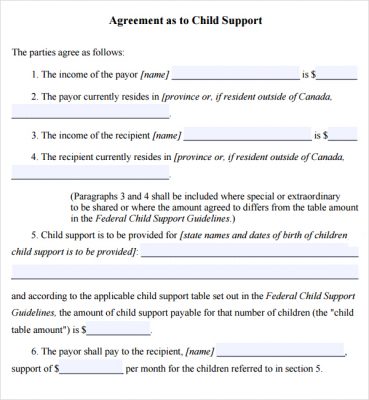The “legal custody” gives the parent the right to make long-term decisions about the upbringing of a child, and key aspects of its welfare — including the child’s education, medical care, dental care, and religious instruction. In most of the cases of child custody, it is granted to both parents (called “joint legal custody”), unless it is established that a father is not behaving appropriately, or is unable to make decisions about the education of the child. Legal custody is different from “physical custody,” which involves decisions such as where the child will live.
[alert-note]Example 1. The mother and father are divorced and share legal custody of the child. This means that the mother and the father can make equally important decisions relating to the education and well-being of your child.
Example 2. The mother and father divorced due, in part, that the father is addicted to drugs. The mother applies for and is granted legal custody of the child. This means that only the mother has legal authority to decide key issues related to the education of the child. The father has no legal right to participate in decision making.[/alert-note]









